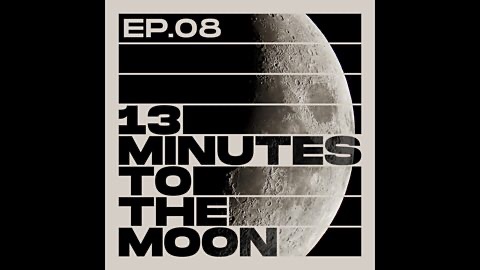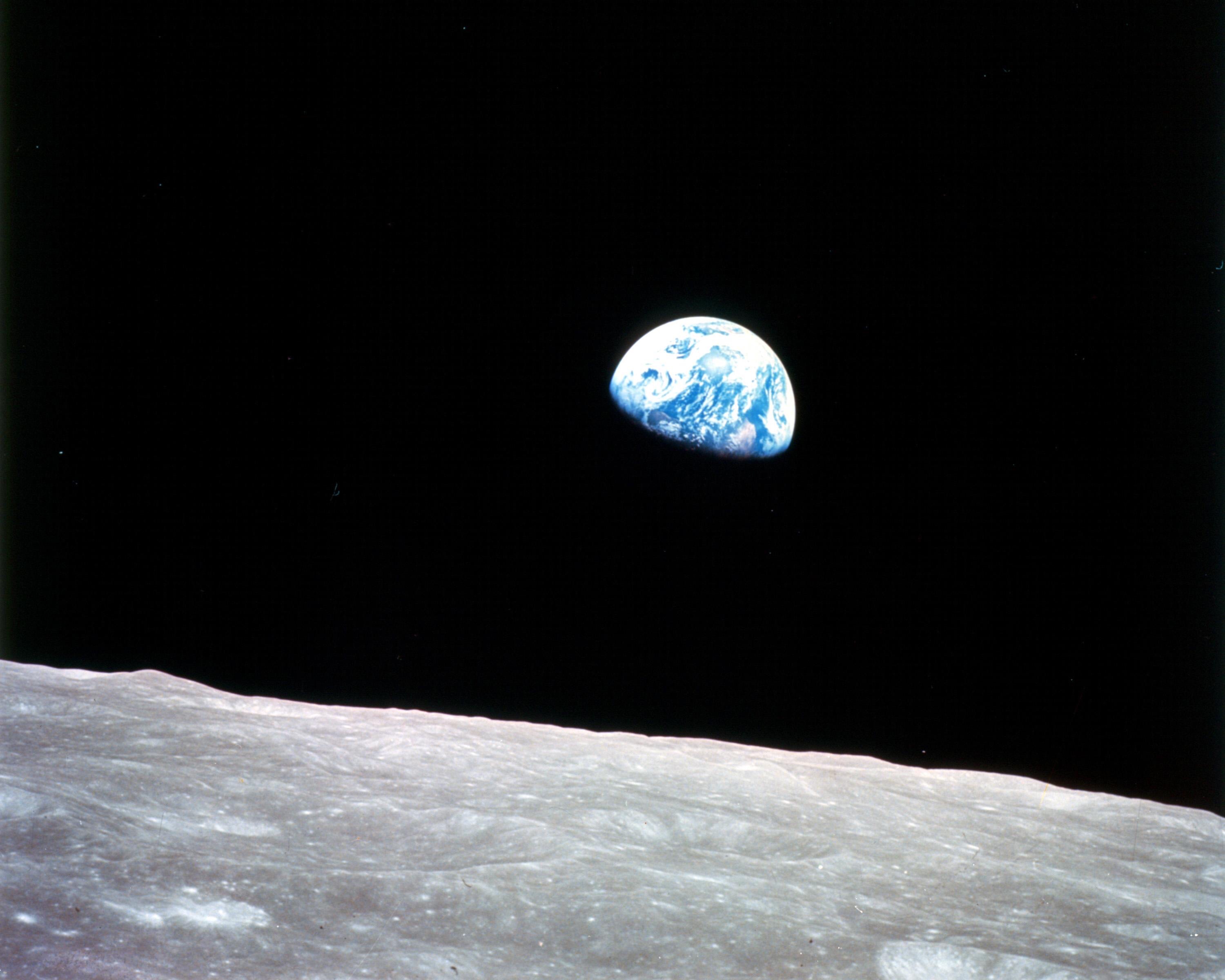
There are two events that I count as the most significant historical events in my life. One is the bringing down of the Berlin Wall and the other is Man walking on the Moon. If I had to rank them, there is no doubt that Man walking on the Moon in July 1969 is the one I would rank highest.
In 1969, I was in Year 6 and like so many school age children I was captivated by the voyage of Apollo 11, in fact the whole space program.
I was woken up by my parents to watch the Apollo 11 launch in black and white. I followed every aspect of the journey culminating in watching the moon walk on TV with all of the other pupils at my small primary school. I remember it like it was yesterday. I kept a scrap book of the Apollo 11 flight which I found recently when rummaging through the garage.
Before Apollo 11, there was the tragic deaths of the Apollo 1 crew in 1967. I remember my grandfather telling me of the tragic explosion. We had a delayed Christmas Dinner at my Aunt and Uncles as we watched Apollo 8 round the moon. The mission’s photograph of earthrise is awe inspiring.

So I am not sure how I missed the incredible BBC podcast 13 minutes to the Moon. Thanks Andrew of Arsecast for making an oblique mention to it in a recent podcast.
It is a twelve part podcast that traces the journey to the moon, named in recognition of the time it took for the Lunar Exploration Module (LEM) to descend to the moon. Every episode addresses an aspect of the Moon landing story. From Kennedy’s famous speech challenging us to go to the landing itself.
It’s riveting!
From concern that in the Cold War the West and in particular America was way behind, through Kennedy’s famous speech, stories about the thousands (hundreds of thousands) of people involved to the computer that was integral to the success of the journey it is all laid out.
Could we do it now?
I somehow doubt it. The style of leadership and approach to risk that was evident in the early 1960s is a far cry from today. However, when asked the first female engineer on the program has a different view heartened by the ingenuity of our young.
Was it worth it, not just financially but in terms of human achievement? It will surprise no one reading this that I believe it was.
Just two comments from the astronauts answered the question for me.
The first was Jim Lovell who on Apollo 8 looked back to Earth and found that he could block the Earth out with his thumb. So much for us being important – 6 billion people blocked out by a thumb (it was many less people of course in 1969).
The second was made by Michael Collins in the command module of Apollo 11, who said that when he went behind the moon, the whole of humanity minus one was on one side of the moon and he plus who or whatever else was on the other side.
Just as I finished this post, news of a second series podcast on Apollo 13 was announced, if its anything like first series it will definitely be worth a listen.
With you on both of these. I’ve written about my memory of the Moon landing – it was in the wee small hours for us, but worth losing a night’s sleep for!
It was a special moment.